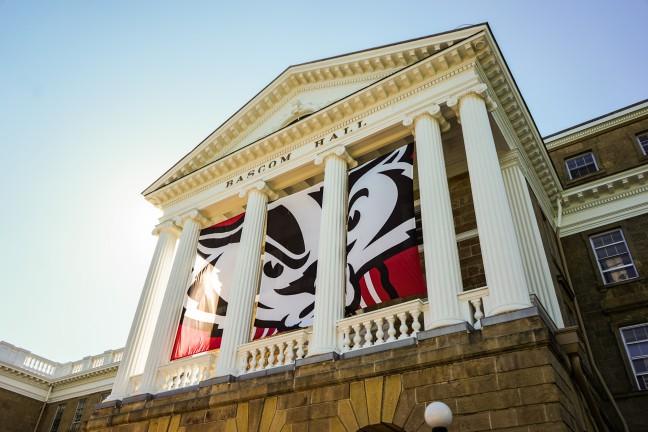Gov. Scott Walker is considering lifting the University of Wisconsin tuition freeze for the 2018-19 school year.
Walker’s new performance-based funding for UW accompanies a proposed increase of $42.5 million in funding in the 2017-19 state budget. The new funding increase, which UW System President Ray Cross proposed, would help alleviate lost funds resulting from Walker’s tuition freeze.
According to WKOW, Walker said is open to lifting the tuition freeze in 2018 as long as tuition costs are still kept low. He has not confirmed whether the freeze will continue longer than two years or be altered to a tuition reduction.
Previously, Walker said in a letter to heads of all state agencies that the tuition freeze must remain in place to “make our universities affordable and accessible.”
The tuition freeze allows college to be more affordable but can cause the quality of education to decrease, Nick Hillman, assistant professor of education leadership and policy analysis, said.
“Tuition freezes can make it more difficult for colleges to achieve their goals if they are unable to also deliver educational quality,” Hillman said.
According to a UW System strategic framework and 2017-19 Biennial Budget request, over time, a tuition freeze can lead to an increase in class sizes. This can also contribute to a diminished quality of education.
Tuition freezes also pose challenges to acquiring enough revenue for the university. When universities choose to have a tuition freeze, they need to make up for the funding in other ways, usually through state appropriation, Hillman said.
Walker’s performance-based funding, which is intended to bring in more revenue for UW, will be based on graduation and dropout rates as well as job placement rates. University faculty, administration and students collaboratively construct these metrics, Hillman said.
“The current proposal is a step forward to make up for lost ground and lost funding,” Hillman said.


